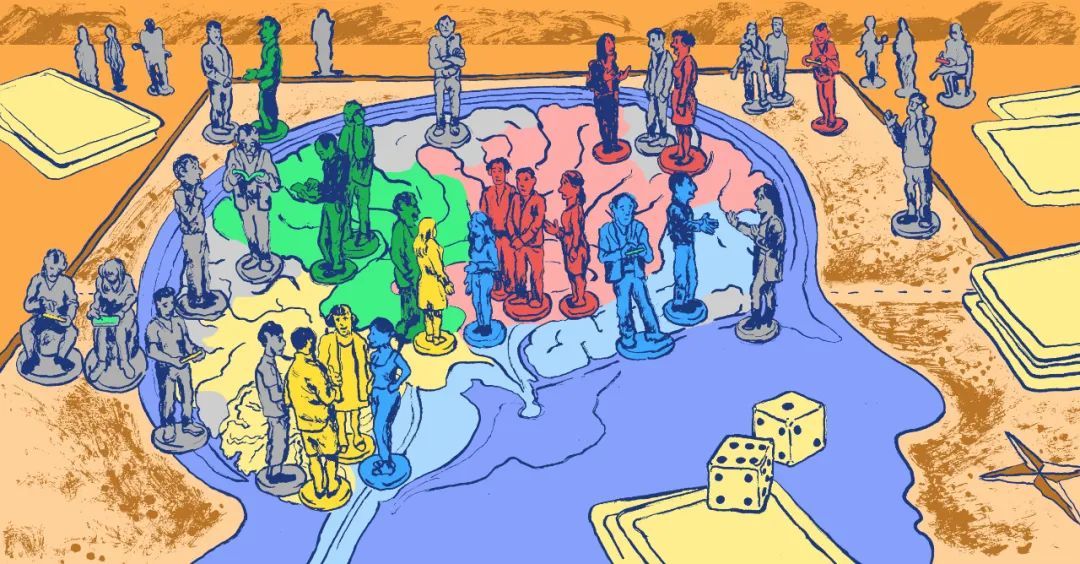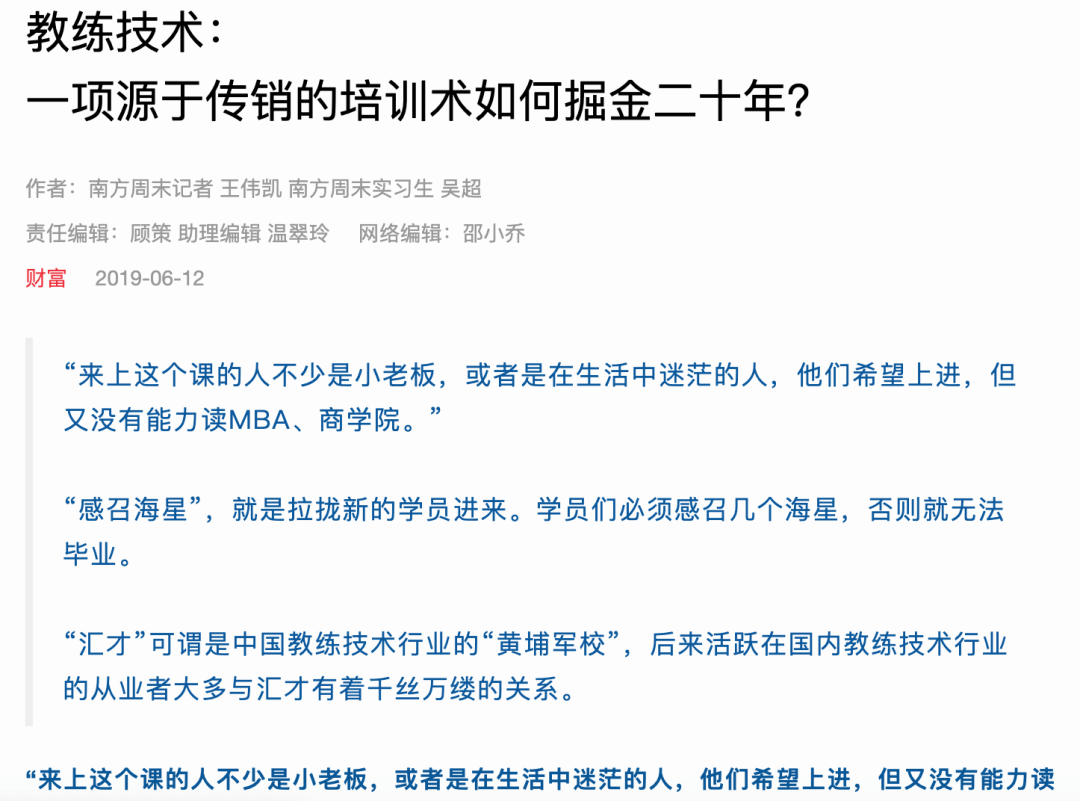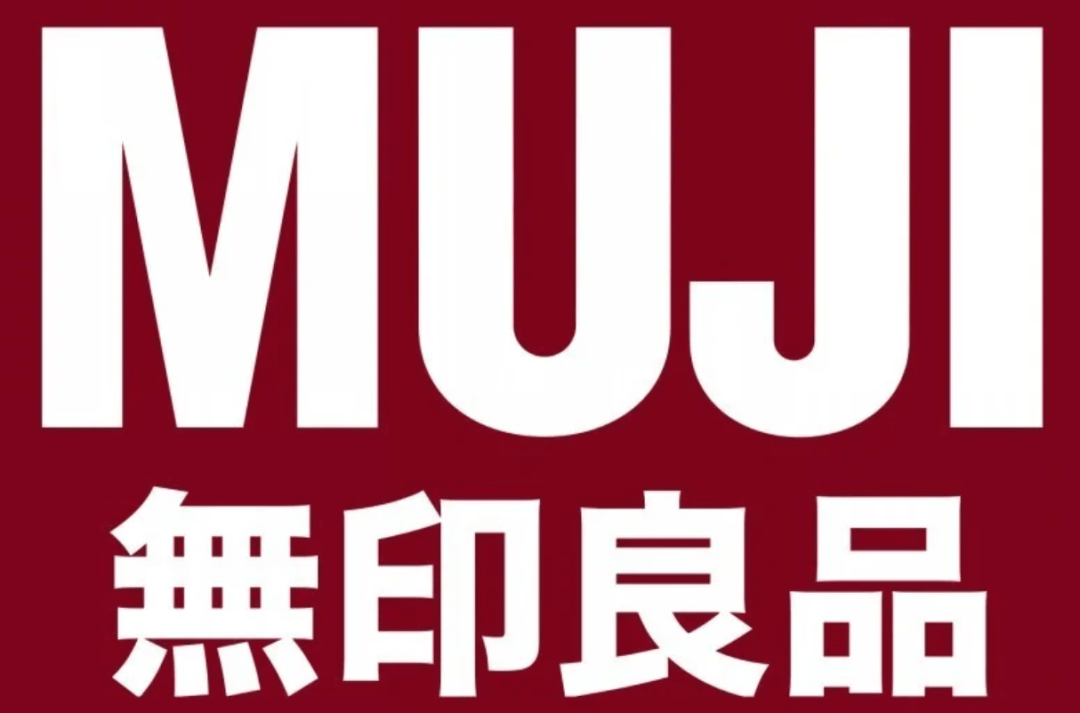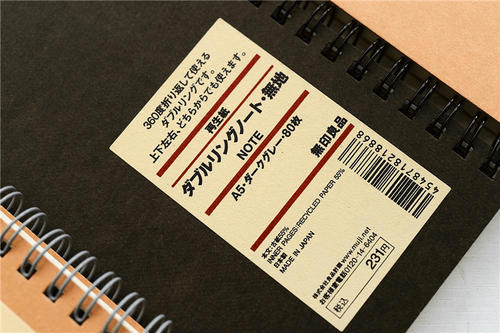Why is the cost of communication so high? Talk about the cognition behind language

I wrote an article two days ago on my official account - "A good book that has been severely depressed by Douban" .
In the article, I mentioned that several "words" were translated into Chinese, which caused huge misunderstandings after the introduction. One of the most typical is the word "Coach" in English. Even the Southern Weekly newspaper directly gave this word a very subjective judgment in my opinion - "coach" is equal to "pyramid marketing" .
"Coach" literally translates to "coach". In order to help people who don't understand English better understand it, it naturally translates into "coach" .

When "coach" is presented in the form of "pyramid sales", may I ask if everyone will be disgusted when they see the "Chinese name" of this word in the future, or do they think of "fitness coach"? ?
Therefore, sometimes when my friends and I mention the word "coach", we try to reduce the use of "Chinese" to express it. Why? Because the context of the Chinese translation is too "weird"!
Maybe others will complain about "Chinese and English" mixed with "pretend X", but think about it, if you can use more "original" words to accurately express the meaning, why do you have to find a "X" that may be full of criticism and ambiguity Chinese word "to replace? ? This has nothing to do with "installing x".
Regarding the above-mentioned matter, I feel that as a senior media reporter, it is a very irresponsible behavior for readers not to search the etymology, but only to find the definition of the concept on the Chinese Internet. I have always advocated that if you don't read the first-hand language version, then try to find the original source, otherwise your reading experience will be very, very bad (unless the translator is very good) .
So how important is language ability?
I posted a long paragraph on Weibo today, including an article on “The Importance of Language Influences Thinking” (the article is very long, I don’t recommend opening it now) on the official account.
The limit of my language is the limit of my world.
The above sentence, you can have many layers of understanding, I prefer to interpret it myself
"Your language ability limits your cognition and pattern."
In the above article, I mentioned my previous story in Japan. At that time, I had a post-95s student who had just entered the society. I accidentally saw his Google timetable that day. The rigorous and methodical planning form made me feel ashamed.
At that time, I was curious and asked him, when did he develop the habit of making schedules? Did you teach it specifically or where did you learn it? As a result, he told me the word "matter-mind" .
You can't understand the meaning of these two words when you read Chinese, but in Japanese there is a very precise meaning. Roughly, from the time of understanding human affairs accidents, everyone will take the initiative to plan these things, such as what time to do.
This kind of education must be rooted in the Japanese education system, but why are the Chinese people's sense of time and awareness so bad compared to the Japanese? Is this part of our education system missing?
When I recall my education from childhood to adulthood, I have almost no impression of "time planning" education. If our education has a strong attribute of this, then it is estimated that Teacher Xiaolai's "Being Friends with Time" and the seven-seven-eighth on the market Eight's "time management" course won't become one of the "preferred knowledge-based paid courses" for in-demand adults.
Back to the topic, we continue to talk about "language".
Two days ago, I had a video chat with my boyfriend about everyday things.
I asked him at the time, "Aren't you uncomfortable watching anime without subtitles?" He complained to me in the video with Jackie Chan's emoji with his head holding his head: "If you can, don't watch the translation without reading the translation, because the translation is really bad. It's gone!"
He said that he once watched Japanese anime with his sister (although his sister is also of mixed race, but she has never been to Japan, has not received relevant language training, and knows almost nothing about Japanese.) He found that the translation was wrong and immediately Going to explain to his sister, and his sister's face with question marks, even caused more cultural problems, he collapsed in explaining.
He gave me a very detailed example: In Japanese culture, it is generally very particular to address others. Honorifics, but American culture has none of these things. In addition, many times the expressions on different occasions, after being translated by Americans, may be called by their first names or only by the same name. This disadvantage will convey to the audience the feeling of "this person is very rude", even if he is half Japanese You will feel that your culture has been offended by the translator.
In addition, there are very few swear words in Japanese, but in American culture, "fuck to fuck" is often used. If you want to express anger, it is likely that some words will be translated into excessive expressions. This "sense of proportion" is also very challenging for many translators. And if the translator doesn't pay attention, then in the end, in the eyes of the audience of another cultural background, the understanding of the characters and the script is either confused, misunderstood, misunderstood, or deeply offended.
If I hadn't studied Japanese, when he told me this, I couldn't have a strong sense of resonance. I could only listen to it and even think he was making a big deal out of it, but the example he gave was just based on my knowledge of the language. I understand, and I have lived in a Japanese environment, so I can actually get his mood completely.
Let me give you another example.
Everyone knows the brand "MUJI" MUJI, but many people's impression and concept of the brand may be limited to "because MUJI is not OEM", so "MUJI is made of unbranded products".
But you may not know how MUJI expresses the concept of "unbranded product manufacturing" in words.

I specially found their brand introductions from MUJI's Japanese official website and Chinese official website:
- "これがいい" instead of "これでいい"


Friends who can read Japanese can probably feel some nuances in translation. For example, the Japanese version of "これがいい" does not translate "slightly", which is not a big problem.
But if you translate the two words into Chinese, people who don't understand Japanese will subconsciously think that "が" is equivalent to "cai", and "で" is equivalent to "just" . The "が" here does not have the strong sense of "cai" in the Japanese context as in the Chinese context, but in order to strengthen this feeling, the translator can only do so.
The truth is, both of these words are untranslatable in Japanese, because they are auxiliary words, they have no meaning at all, and they apply to a very, very wide range of contexts.
I don't know how to express the difference between "が" and "で" here. It's fine to translate it like the official Chinese website. You can experience that feeling, but if you understand Japanese, it will give you something else. a feeling. Both expressions are very "peaceful" and "restrained", but when translated into Chinese, there is a strong emotional color in them. Even if I explained it above, you may not be able to feel it so deeply.
Similarly, when we understand the meaning behind a "word", we need to dig a little deeper.
Your existing knowledge: "MUJI" is very restrained because it is not OEM.
Now, I give you another layer of information: " This is good" instead of "This is good" (understand it in Chinese first), which is its literal way of expressing "restraint".
However, I hope you will see this and think, why does it advocate this sentence? What does the meaning behind this sentence have to do with what the brand does? How was it confirmed?
I don't know if you have observed a detail when you go to Muji - the stickers on its packaging are all beige, not the printed white labels.
Because they omit the bleaching process of the pulp, the paper will have a light beige color. So Muji uses it for packaging materials or labels, in order to create a very pure and fresh product line. By reducing the process of paper whitening, light beige was born.

When I add the information into your brain, you will see the big characters "MUJI" in the future, and your understanding of the "word" will be deeper. This is why the brand will be deeply implanted and occupy your mind, this is the cognition of a "word" in your heart will appear "iteration", and even your understanding of the "word" will be deeper than others.
After all, you have seen my article, and I have filled in some information for you to deepen your cognition and understanding of the word, although "MUJI MUJI" did not give me a dime.
Therefore, sometimes I often say that people should not be "narrow" , "narrow" is not a derogatory term here, but most people are often too deeply influenced by the "maternal" environment, and it is easy to be unable to escape from their own language, culture and thinking .
First, you can't understand what others are saying; second, because you can't understand, you will enter into "misunderstanding"; then, when you "misunderstand", you start to activate the defense mechanism, fall into your own thinking cycle, and feel that there is something wrong with others .
Of course, people definitely can't completely break away from their own subjective perspective, then look at everything "detached". It's just a very obvious trait that I've personally observed: multilingual learners tend to have a wider perspective, a greater ability to accept and understand things, and a greater empathy than native speakers, and I'm talking about "multilingualism" A learner "doesn't mean a person who learns a language for utilitarian purposes such as "taking exams", but rather a person who actively learns the language and the culture and ideology behind it out of interest.
Emphasizing this point is that I have met many people who "learn English" are just "learning" English (language) without knowing anything about the culture behind it.
Therefore, I highly suggest that friends who have spare time can try to open up a language, or go to a certain country to live for a while if they are able, and be rooted there. I believe that it will have a great influence and transformation on your thinking.
I really encourage people to go out and see more at all times. When they are not capable, they should read more and accumulate first. There is always one on the way. People who have seen the world and those who haven't seen the world have a different pattern. What I mean by looking at the world is not "travel check-in, do tasks and post a circle of friends", but start from the inside to deeply root a country, region, language and culture.
Because it's not anyone who decides the meaning of words, it's "you".
Like my work? Don't forget to support and clap, let me know that you are with me on the road of creation. Keep this enthusiasm together!



- Author
- More